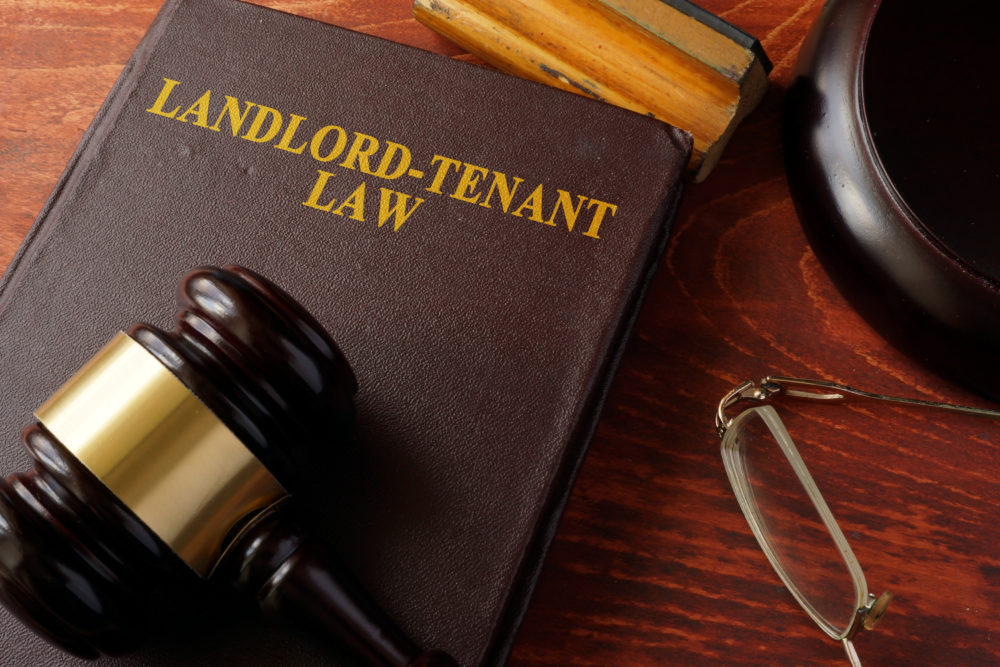COVID-19 is likely to increase legal disputes between landlords and tenants, which is an area of the law where people commonly rely on pro se litigation. If you find yourself in such a situation, you need all the information and support you can get to help you represent yourself and protect your landlord tenant rights. Here are some points to keep in mind.

The Benefits of Pro Se Litigation for Landlords and Tenants:
Typically, many landlords and a large majority of tenants file their complaints pro se. There are several reasons for this. These cases may involve relatively modest amounts of money, and the legal issues may be straightforward. Also, the parties may be unable to afford an attorney, or they may want to save money on legal expenses.
The Implications of COVID-19 for Landlords and Tenants:
The pandemic is having at least two major effects on both landlords and tenants. It is increasing financial hardships and creating widespread changes in landlord-tenant rules and regulations that vary from state to state. For example, federal, state, and local governments have all issued some form of emergency eviction and foreclosure moratoriums. Additional measures in some states and localities include bans on late payments, rent raises, and utility disconnections. Many landlords are also naturally concerned about their obligations and potential liability for limiting tenants and guests’ exposure to infection from COVID-19. Overall, both landlords and tenants are struggling to understand their rapidly changing rights and responsibilities, and there is a great deal of uncertainty about the future.
If you are involved in a lawsuit between landlords and tenants or think you may become involved in any similar matter, contact us at ProAdvocate Group. When you become a private member of our association, we can provide all the services you will need to help you safeguard your landlord tenant rights, including legal research, letters, pleadings, and appeals.
